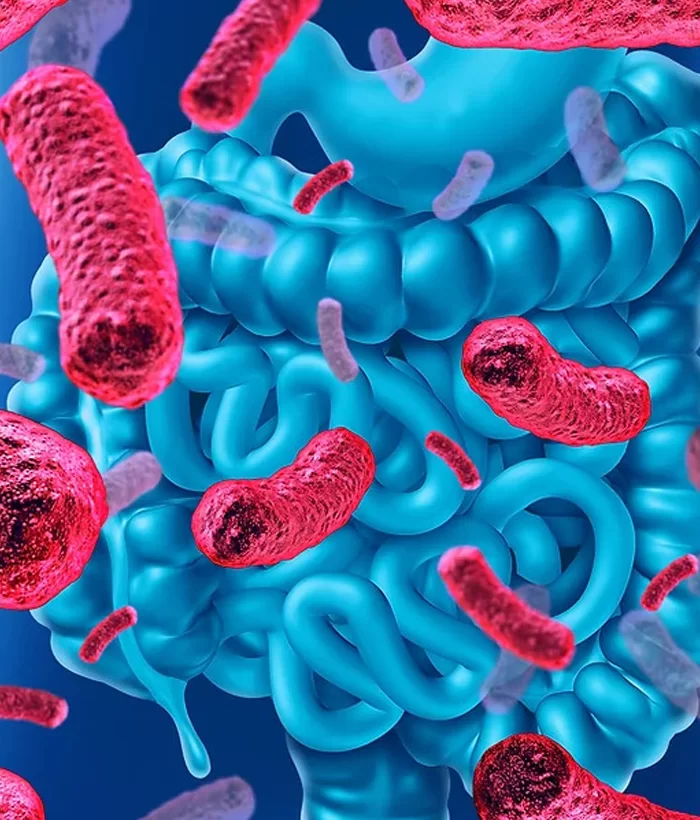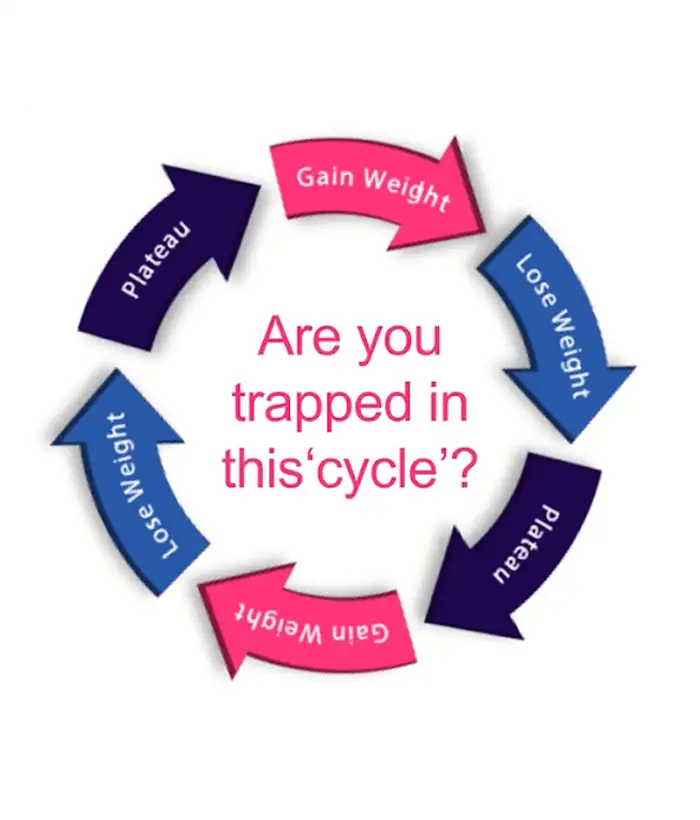
By now most of us have come across the term ‘Hangry’. As the term suggests, it means that some people tend to get angry (easily) when they are hungry. Hungry+Angry= Hangry.
This tends to happen when you haven’t eaten for a while, the level of sugar (glucose) in your blood decreases. When your blood sugar gets too low, it triggers a cascade of hormones, including cortisol(a stress hormone) and adrenaline (the fight-or-flight hormone). These hormones are released into your bloodstream to raise and re balance your blood sugar.
The release of cortisol can cause aggression in some people. Also, low blood sugar may interfere with higher brain functions, such as those that help us control impulses and regulate our primitive drives and behavior.
This kind of shift in mood is quite perceptible. The ones who tend to get hangry are most times aware that its the lack of food for a prolonged period of time that is causing a shift in their behavior ( I am one of them). This tendency to be irritable is also managed reasonably easily, have a nutritious, balanced meal and it voila, the irritability subsides.
More complicated is the relationship between the gut microbiome and its influence on the more imperceptible mood disorders.
The gut is physically connected to the brain through millions of nerves.
Therefore, the gut microbiome may also affect brain health by helping control the messages that are sent to the brain through these nerves.
Certain species of bacteria can help produce chemicals in the brain called neurotransmitters. For example, serotonin is an antidepressant neurotransmitter that’s mostly made in the gut.
A number of studies have shown that people with various psychological disorders have different species of bacteria in their guts, compared to healthy people. This suggests that the gut microbiome may affect brain health.
However, it’s unclear if this is simply due to different dietary and lifestyle habits.
A small number of studies have also shown that certain probiotics can improve symptoms of depression and other mental health disorders.
Increasing research is being conducted in the area of probiotics and prebiotics, the kind of bacteria which are good for our gut health. (Human cells make up only 43% of the body’s total cell count. The rest are microscopic colonists).
My take on how food can affect your mood are these:
- If you have a tendency to be ‘hangry’, eat small nutritiously balanced meals at regular intervals, depending on your lifestyle. (an apple or a handful of nuts between meals can go a long way)
- Eat a diverse range of foods: This can lead to a diverse microbiome, which is an indicator of good gut health. In particular, legumes, beans and fruit contain lots of fiber and can promote the growth of healthy Bifidobacteria.
- Fermented foods such as yogurt, sauerkraut and kefir all contain healthy bacteria, mainly Lactobacilli, and can reduce the amount of disease-causing species in the gut.
- Prebiotics are a type of fiber that stimulates the growth of healthy bacteria. Pre-biotic rich foods include artichokes, bananas, asparagus, oats and apples.
- Polyphenols are plant compounds found in red wine, green tea, dark chocolate, olive oil and whole grains. They are broken down by the microbiome to stimulate healthy bacterial growth.
- Antibiotics kill many bad and good bacteria in the gut microbiome, possibly contributing to weight gain and antibiotic resistance. Thus, only take antibiotics when medically necessary.
Till next time,
Stay healthy
Stay Happy
Mitun De Sarkar – Best Dietitian in Dubai







